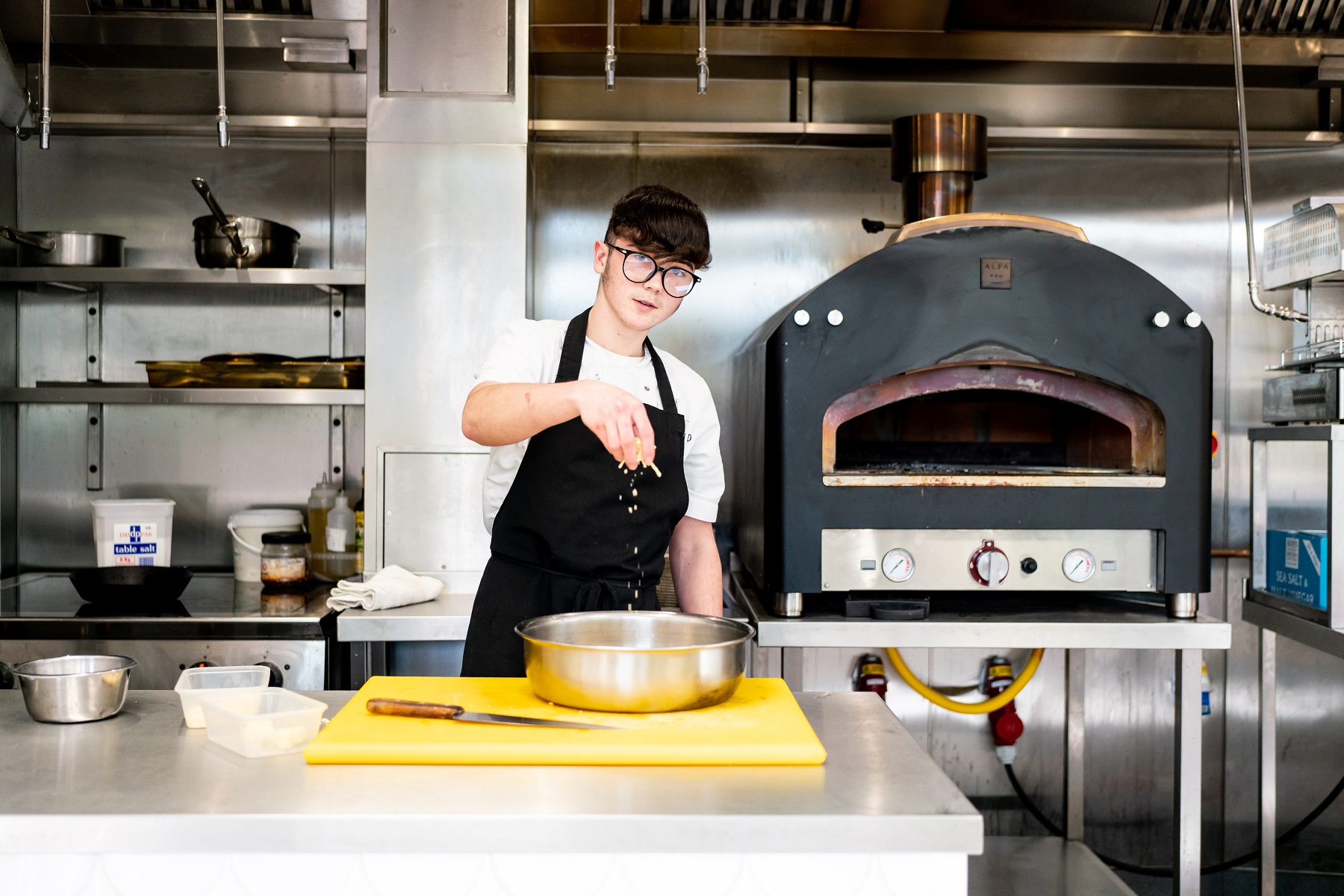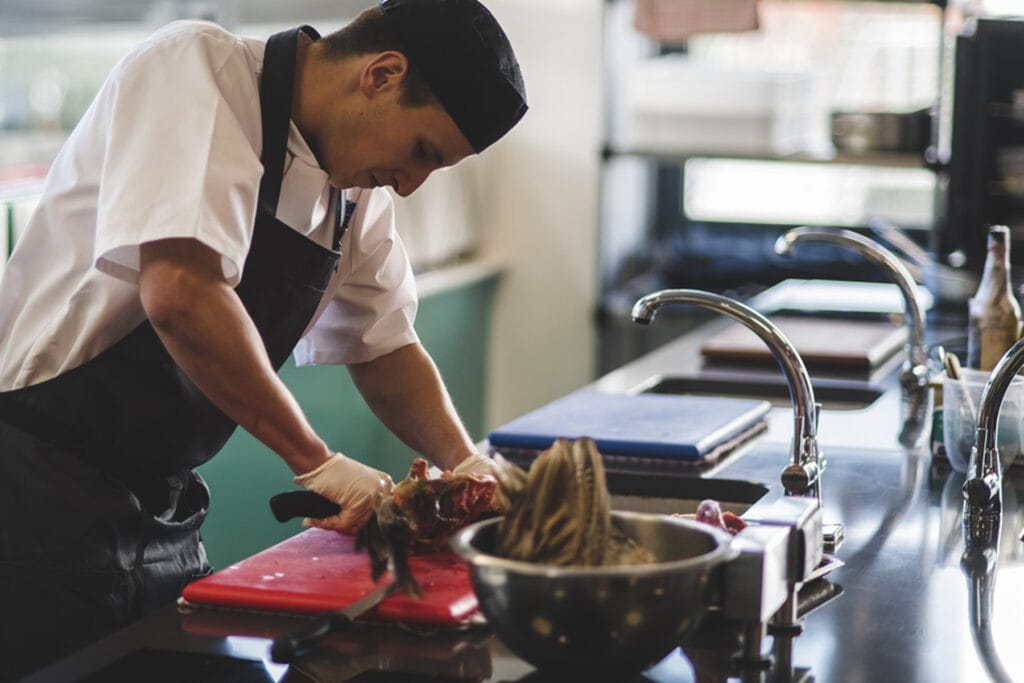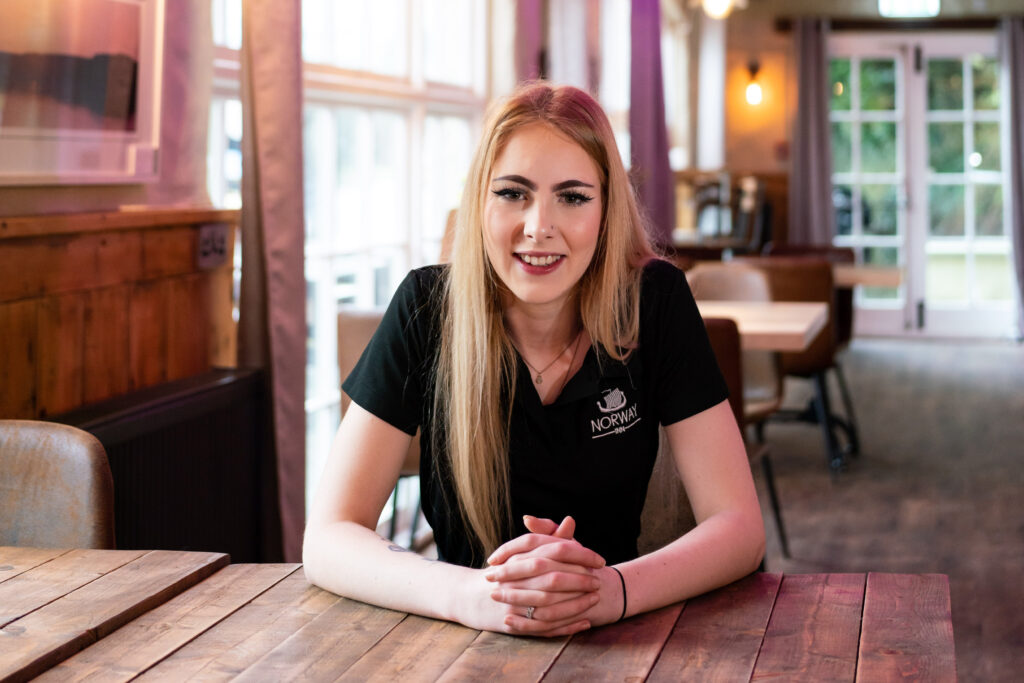Why Choose This Course?
This apprenticeship standard is designed for individuals passionate about pursuing a career in the catering and hospitality industry. This Level 2 apprenticeship equips apprentices with the essential skills, knowledge, and behaviours required to excel in high-volume food production environments, such as schools, hospitals, and restaurants. The apprenticeship typically lasts 12 months, followed by a rigorous end-point assessment period of up to 3 months. Apprentices undergo a robust and independent assessment to demonstrate their competency in performing the duties outlined in the occupational standard. It ensures staff are trained to uphold the highest standards of food safety and customer satisfaction, supporting the growth and development of future leaders in the catering and hospitality sector.
Apply for this course
Start date: 03/11/2025
Top Course Highlights
Industry-standard facilities
Highly experienced tutors
Develop skills in line with industry needs

Learn from sector experts
Gain invaluable insights and hands-on experience from industry expert tutors who bring real-world knowledge and expertise to the classroom. Their guidance will help you develop the skills and confidence needed to excel in your chosen field.
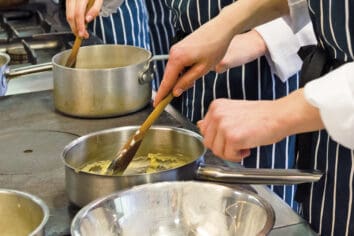
Develop work-related skills
Enhance your practical abilities and gain hands-on experience that directly translates to the workplace. This apprenticeship course focuses on real-world applications, ensuring you are well-prepared to meet the demands of your chosen career.
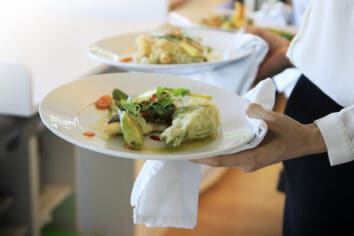
Enjoy professional surroundings
Immerse yourself in a dynamic and supportive environment that mirrors the professional world. This apprenticeship course provides access to state-of-the-art facilities and resources, helping you to thrive and feel confident in your career journey.
What Will I Learn?
Knowledge This apprenticeship imparts comprehensive knowledge essential for high-volume food production. Apprentices learn about various kitchen operations, including techniques for the preparation, assembly, cooking, regeneration, and presentation of food. They gain an understanding of the importance of organisational and brand specifications to ensure consistency in food production. Additionally, apprentices are taught how to check the quality of fresh, frozen, and ambient foods, and the procedures for the safe handling and use of kitchen tools and equipment. Knowledge of setting up and closing down procedures, as well as adherence to specific standards and operating procedures, is also covered to maintain high standards of hygiene and efficiency.
Skills This apprenticeship supports apprentices to develop a range of practical skills crucial for a production chef. They learn to check, prepare, assemble, cook, regenerate, hold, and present food to meet customer needs while maintaining organisational standards. The apprenticeship also trains them to use kitchen tools and equipment correctly to produce consistently high-quality dishes. Apprentices take responsibility for the cleanliness, organisation, and smooth running of their work area. They also acquire skills in adapting dishes to meet special dietary, religious, and allergenic requirements, and in following and maintaining production schedules and quality standard documentation.
Behaviours Apprentices will exhibit key behaviours such as maintaining excellent standards of personal, food, and kitchen hygiene, and ensuring compliance with procedures, menu specifications, and recipes. Apprentices are expected to demonstrate methodical organisational skills, energy, accuracy, and attention to detail. They should also advocate equality and respect, working positively with colleagues, managers, and customers.
Typical Duties that an Apprentice will carry out in the workplace:
- Maintaining Hygiene: Ensuring excellent standards of personal, food, and kitchen hygiene.
- Compliance: Adhering to procedures, menu specifications, and recipes.
- Food Production: Producing food that meets portion controls and budgetary constraints.
- Organisation: Taking responsibility for the cleanliness, organisation, and smooth running of the work area.
Where Will It Take Me?
Completing the Production Chef Apprenticeship opens up various career pathways within the catering and hospitality industry. Apprentices can progress to roles such as Senior Production Chef, Chef de Partie, or Kitchen Supervisor. With further experience and training, opportunities to advance to positions like Kitchen Manager or Head Chef become attainable. Additionally, there is potential to progress to the Level 3 Senior Production Chef apprenticeship with Truro & Penwith College.
Assessment Arrangements
The End-Point Assessment (EPA) is a crucial component of apprenticeship standards, designed to evaluate an apprentice’s knowledge, skills, and behaviours (KSBs) acquired during their training. The EPA typically includes a combination of practical assessments, professional discussions, and portfolio reviews, ensuring apprentices are fully prepared for their chosen career. This assessment is carried out independently by an End-Point Assessment Organisation (EPAO), ensuring impartiality and fairness. Employers play a key role in confirming readiness for the EPA, supporting apprentices throughout the process to achieve successful outcomes.
EPA (End Point Assessment) methods
- Practical Observation with Questions
- Professional Discussion (Interview) underpinned by a Portfolio of Evidence
Entry Requirements
Grade 2 GCSE (E) in English and Maths.
Meet the staff, tour the campus and find out about life as a student at one of the best colleges in the country.
